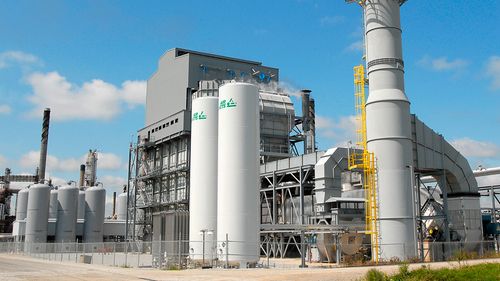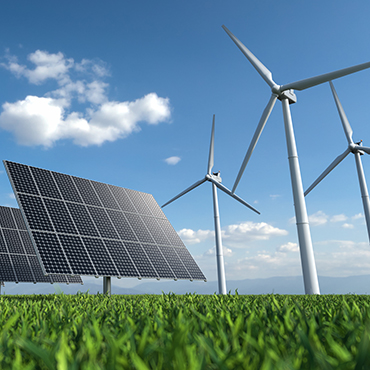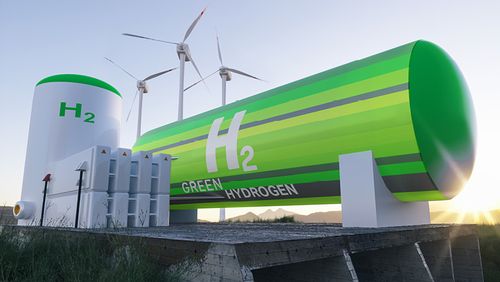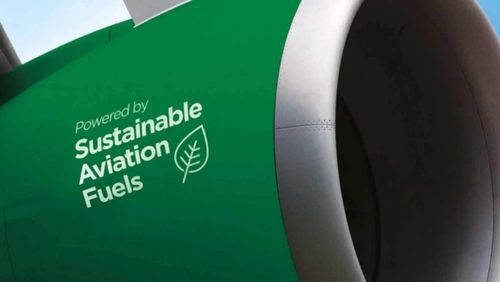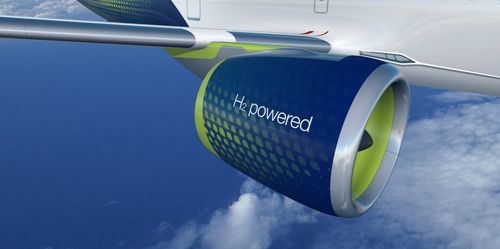PowerCell has signed the world’s first contract covering the serial delivery of hydrogen fuel stacks to the aviation industry, according to a press release.
The agreement, potentially valued up to SEK 1.51bn, is conditioned on client ZeroAvia obtaining necessary certifications. It comprises 5,000 hydrogen fuel cell stacks with deliveries planned to start in 2024.
Approximately SEK 25m of the order value is expected to impact revenues in 2022.
ZeroAvia focuses on hydrogen-electric aviation solutions and aims to launch a 19-seat aircraft with 300-mile range by 2025. The American and British company acquired California-based fuel cell stack innovator HyPoint this month.
The total order value of SEK 1.51 billion is conditional on ZeroAvia obtaining necessary certifications of the powertrain.
PowerCell will, upon completed aviation certifications, deliver a total of 0.5 GW fuel cells comprising of 300 kW superstack modules based on the industrialized 100 kW fuel cell stack. The fuel stacks will be used by ZeroAvia to manufacture a 600 kW, low-temperature, hydrogen-electric powertrain for the certified 19-seat, fuel cell-powered commercial aircraft.
As part of the agreement, PowerCell will establish a unit in the UK for final assembly and the adaptation of the stacks to ZeroAvia’s fuel cell system and application.


